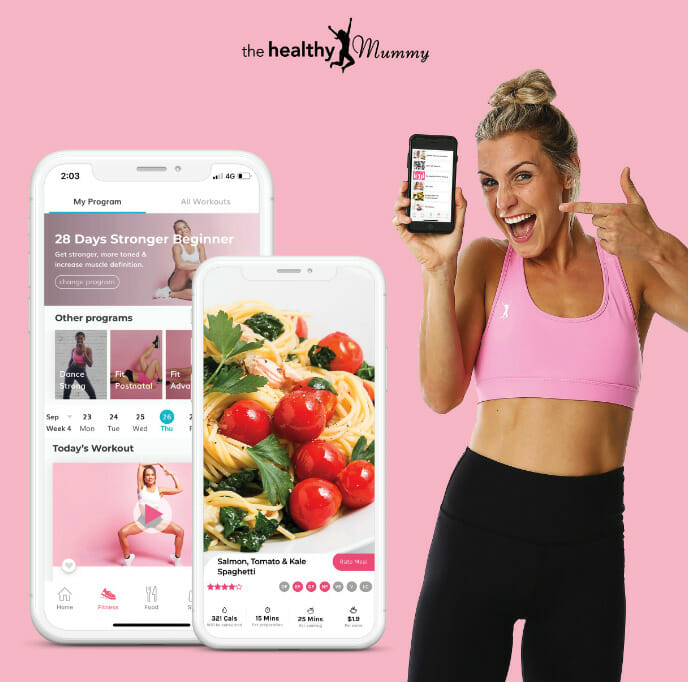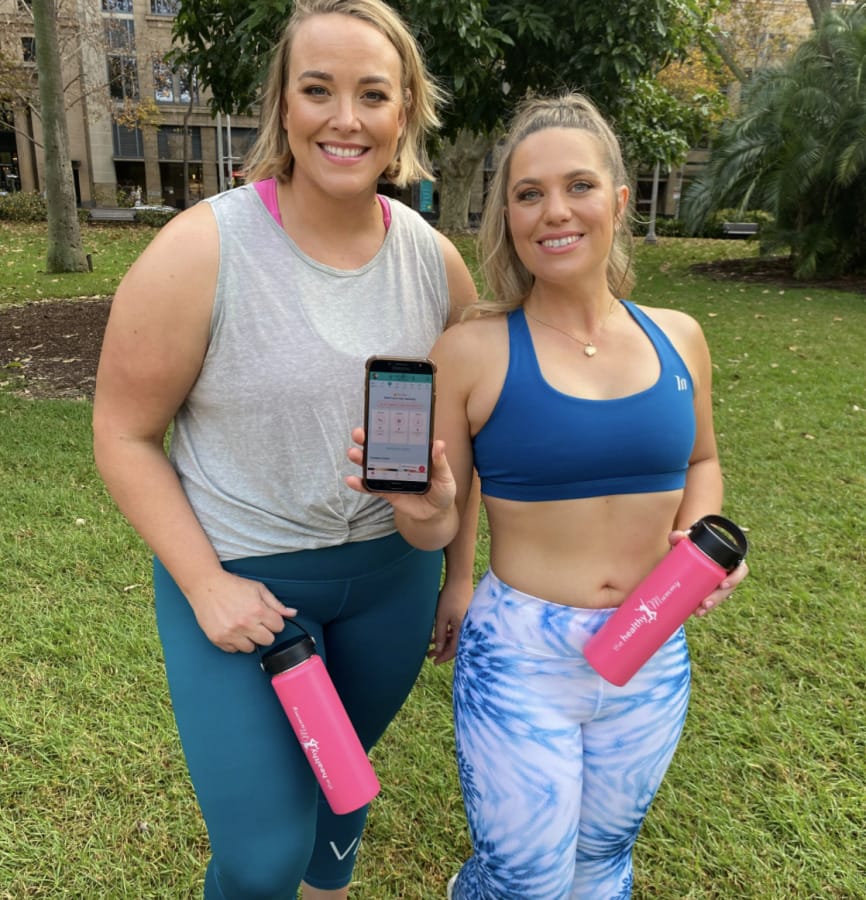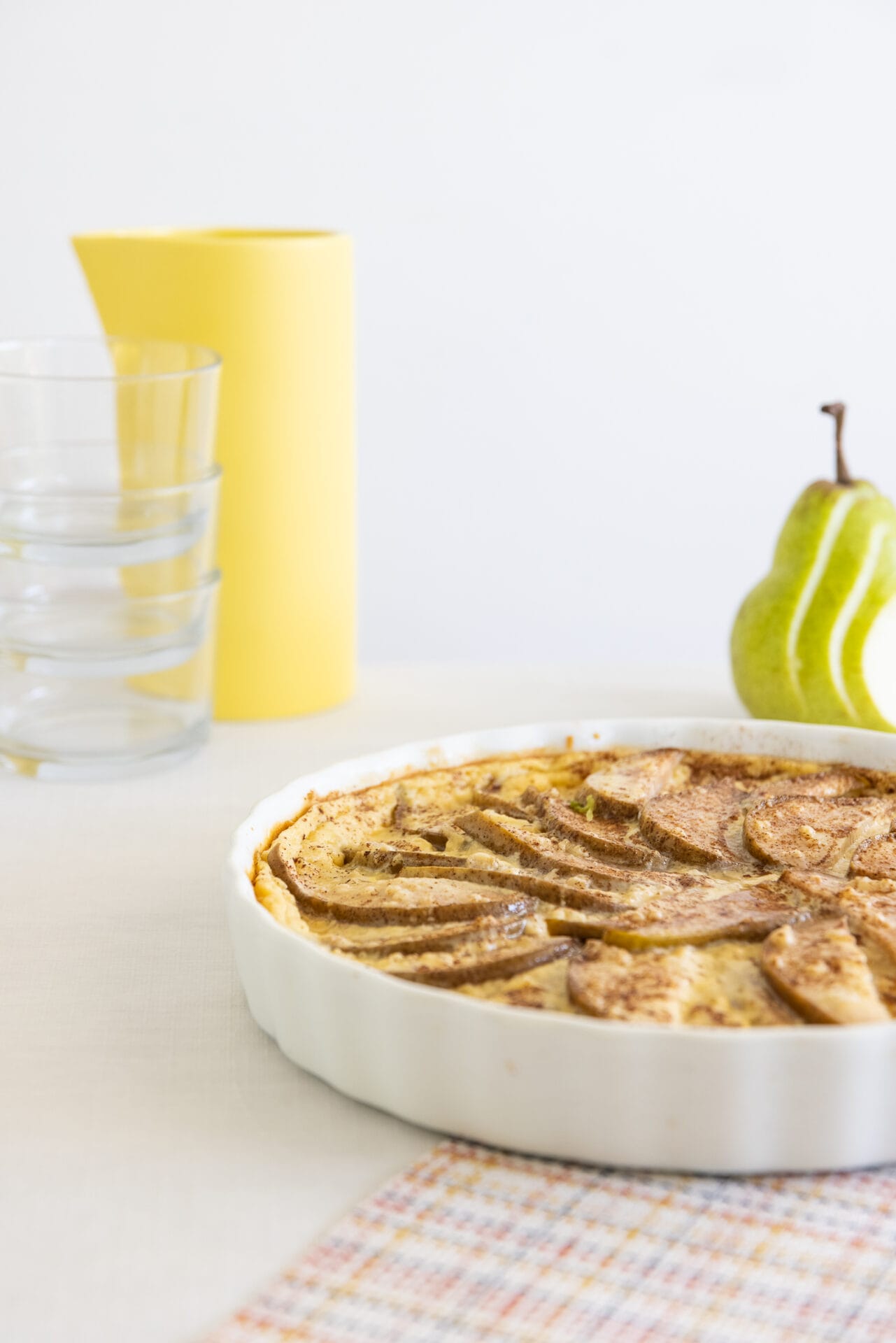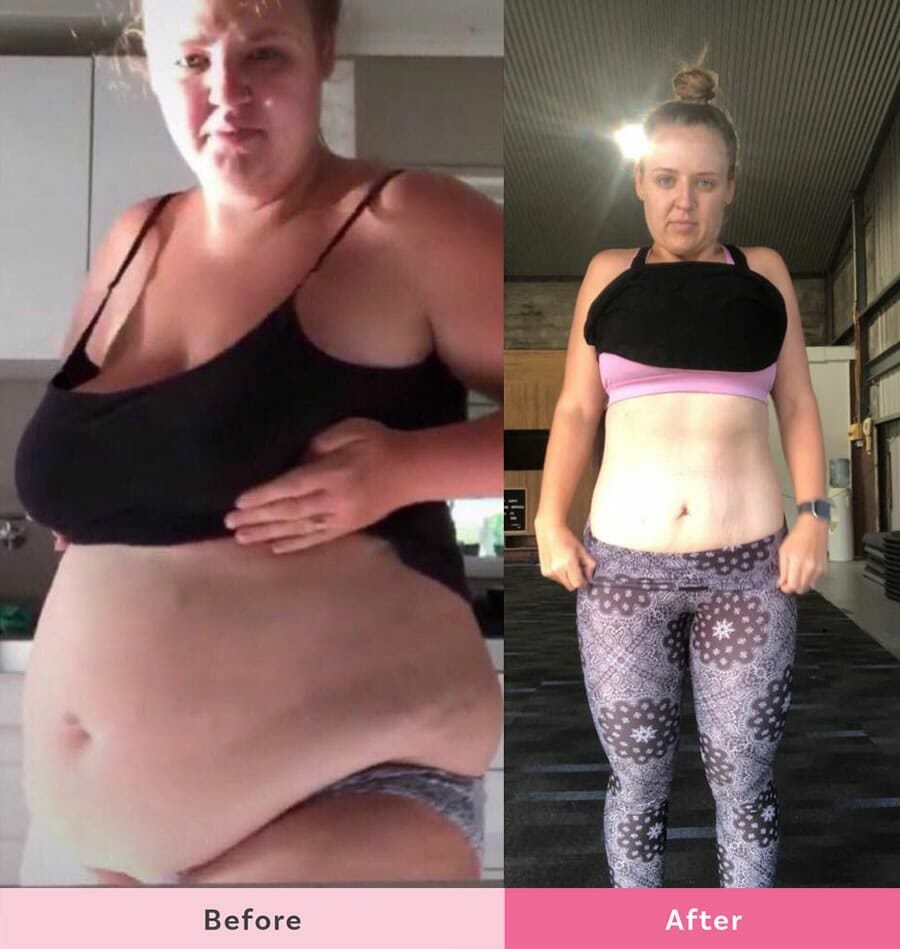Breastfeeding and weight loss – All you need to know
If you are breastfeeding your baby and do want to lose weight – the good news is that you can lose weight in a healthy way whilst still making sure your bub gets all the nutrients it needs.
At The Healthy Mummy we believe that breastfeeding and weight loss can go hand in hand which is why we have ensured that our 28 Day Weight Loss Challenges and our Healthy Mummy Smoothies are safe for breastfeeding mums.
Since 2010 we have helped mums lose over 3 million kg on our breastfeeding friendly plans (scroll below to see lots of incredible results from mums on our plans).
There is no right or wrong time to start thinking about pregnancy weight loss – unless you have a medical problem where weight loss is essential. But instead no one should ever feel pressured to lose weight and you should only do it when you feel 100% emotionally and physically ready to do so.

But if you are breastfeeding and do want to start losing baby weight, the good news is that it is possible to lose weight when breastfeeding providing you follow a breastfeeding safe diet – such as The Healthy Mummy.
This means following a diet plan that is based on healthy eating principles and light exercise and is free from caffeine and any weight loss accelerants.
It is important not to follow any extreme diets which advise cutting out food groups or eating too much of one group – for example a diet that tells you to only eat protein each time you eat.
Our plans help to nourish your body and ensure you lose weight in a safe and healthy way.
So the good news is that if you are breastfeeding, you can still follow our weight loss plans – the key is to increase your calorie allowance on our plans by approximately 500 calories to give your body the extra calories it needs to produce milk.
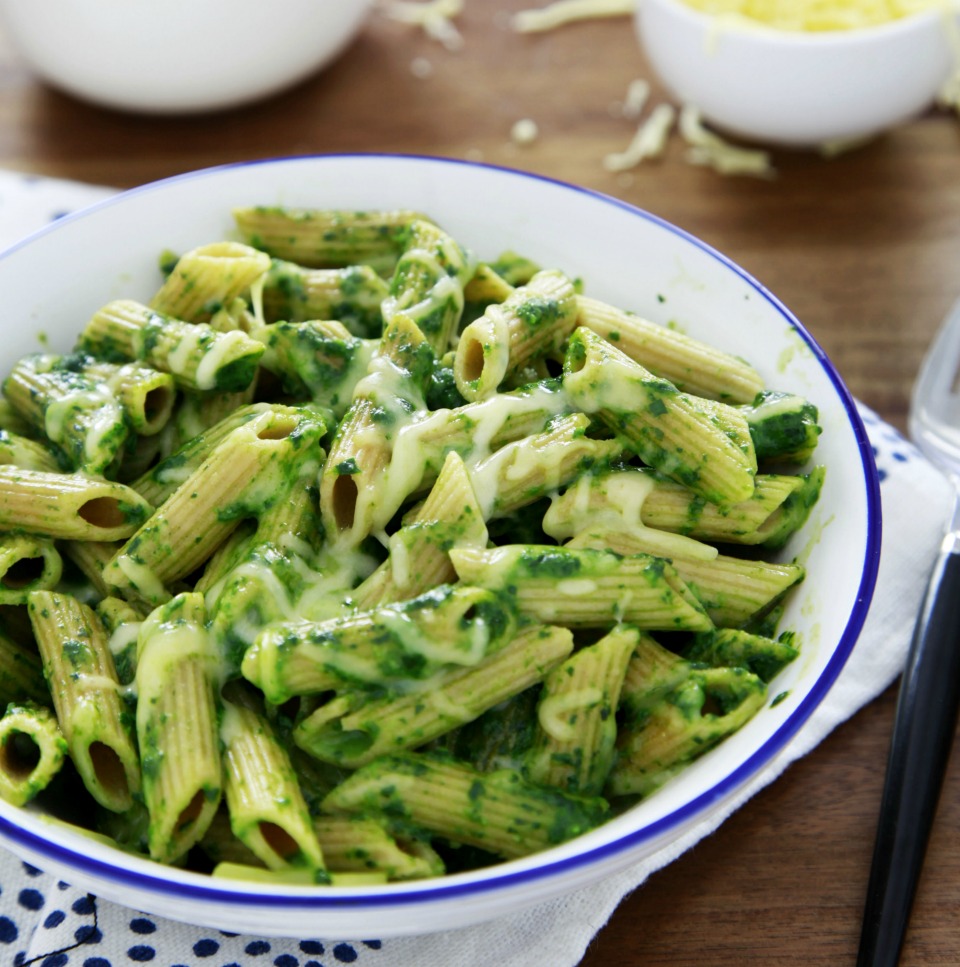
You can increase your calories by having an extra 2-3 snacks from our suggested snacks or you can increase your portion size of the meals. We list ideas on how to increase the portion size on each of the recipes in the 28 day challenges
If you are choosing to include our Healthy Mummy Smoothies on the 28 Day Weight Loss Challenge, these are also safe for breastfeeding mums, they are 96% sugar free, and are fructose free. You can see some more information here on what makes our smoothies different.
And as knowledge is power, we have given you some key information to arm yourself with so that you can lose weight with confidence when still feeding your baby.
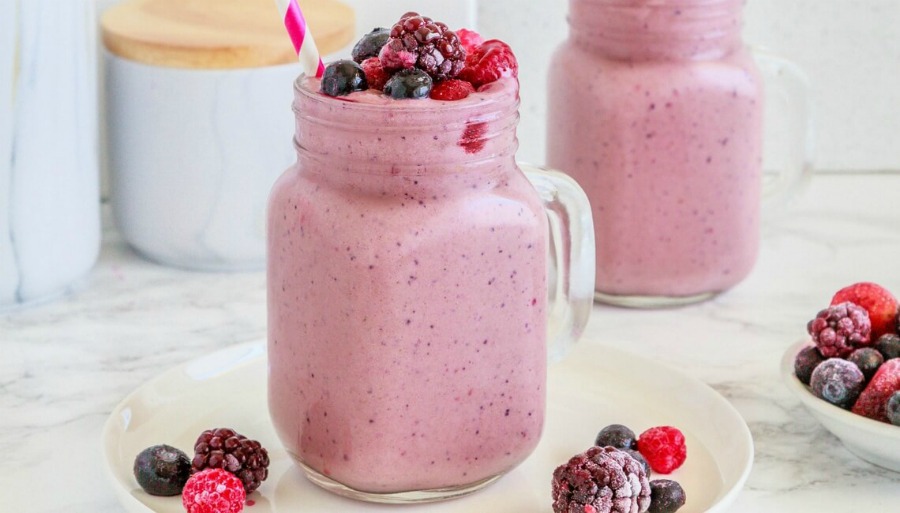
Breastfeeding and weight loss
Breastfeeding burns up a lot of energy (calories/kilojoules) to make breastmilk, particularly for mothers who are exclusively breastfeeding. These mothers should include 2-3 extra snacks per day (approximately 500 calories).
If you are unsure of how many calories you need in breastfeeding and weight loss you can work your daily energy needs out here – then you add 500 calories on for breastfeeding. But remember, nothing is set in stone, and if you are hungry eat more or if you are full eat less. See the calculator here
While breastfeeding, certain nutrients, energy and fluids will be in high demand, much more so than during pregnancy. These include:
- Iodine Since breastmilk needs to contain an adequate iodine content to support your infant’s growing brain, a new mother’s iodine requirements are almost double the normal. It is possible to meet these iodine requirements with food, although an iodine-containing supplement is usually recommended. It’s important to speak to your doctor before taking any supplements. Good sources of iodine include bread, iodised salt, seafood, eggs and dairy.
- Zinc is essential for skin health, immune function and optimal reproductive health. Good sources of zinc include meats, breakfast cereals, brightly coloured vegetables and fruit.
- Iron is a component of a number of proteins, including haemoglobin, which is important for transporting oxygen around the body. Eat too little iron and you’ll suffer fatigue and a weakened immune system. Red meat, chicken and fish are the best sources of iron, as well as also being good sources of protein and zinc. Smaller amounts of iron can be found in green leafy vegetables and legumes, but they should be consumed with foods rich in vitamin C (such as tomato, broccoli or capsicum) to increase the amount of iron the body absorbs.
- Water is the best way to quench your thirst without getting the added sugar and kilojoules found in sweetened drinks, such as fruit juices, soft drinks, sports drinks and flavoured mineral waters. Although it doesn’t increase milk production, it’s still important to keep hydrated; a good guide is to drink a glass at each meal and again with each breastfeed.
What to avoid
- Alcohol is best avoided for at least 4-6 weeks after birth. It takes most women about two hours to clear the alcohol from the blood and their breastmilk, so plan the occasional drink with this in mind.
- Caffeine in coffee and tea can be enjoyed in moderation – no more than 200mg a day (two cups of coffee).
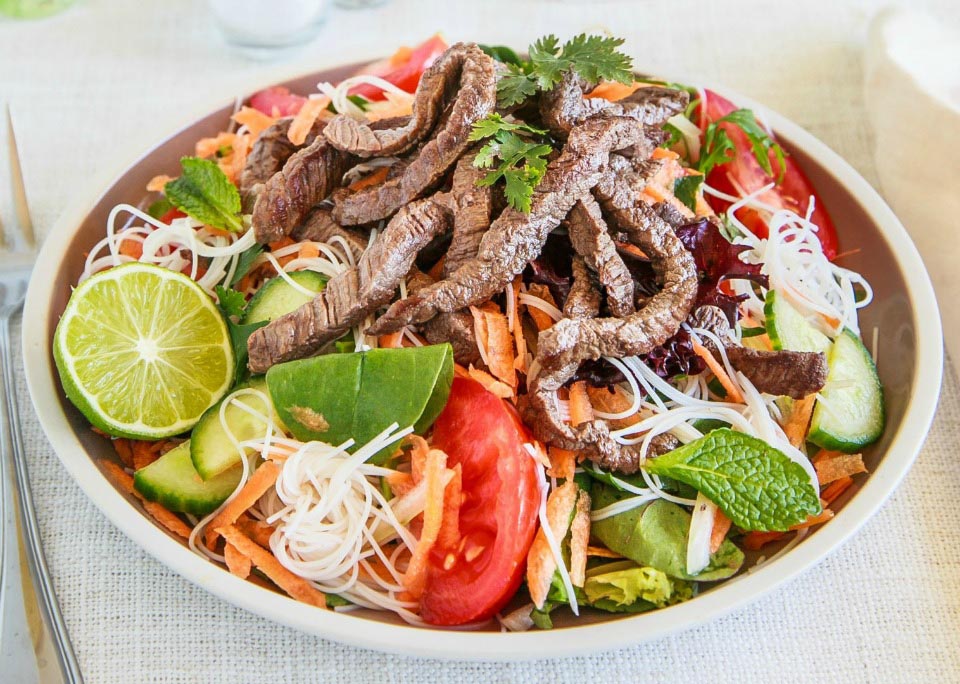
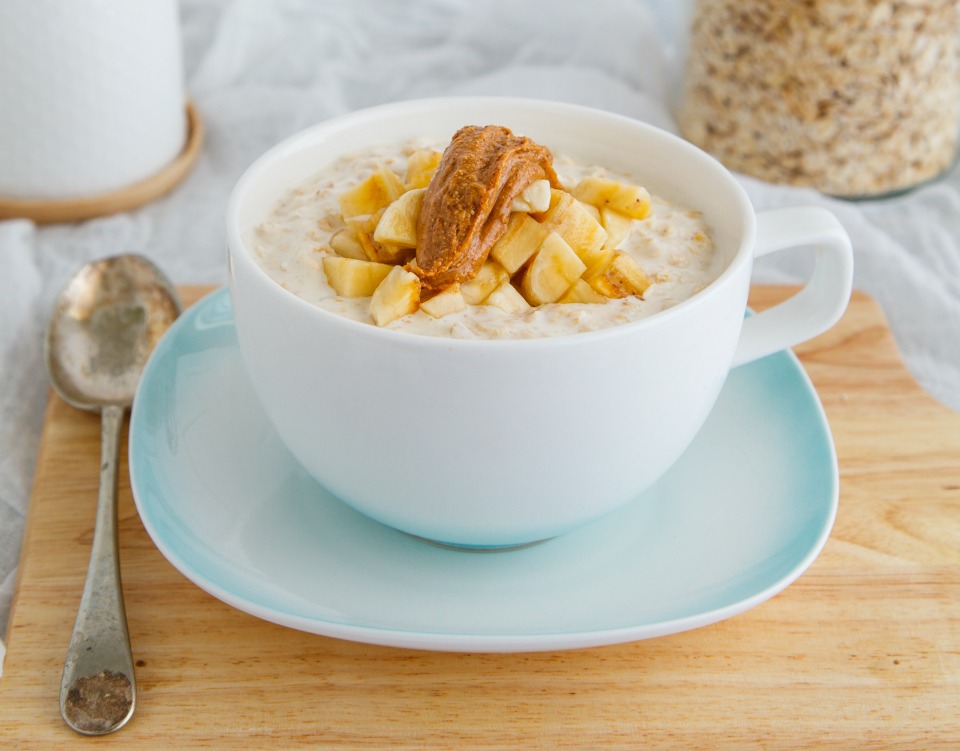
Specific foods which may cause problems
There are no hard and fast rules about what a mum shouldn’t eat when breastfeeding – other than certain supplements mentioned above and alcohol. However there are certain foods which have been shown to cause upset in the baby – whether that be sickness, eczema, colic, trouble sleeping and irritability.
However, each baby is different and you should monitor yours to see how he reacts to certain foods and contact your Doctor if you are concerned about any reaction– below is a list of common foods listed by mums and Doctors as more likely to cause some kind of reaction with your baby:
- Milk, dairy, broccoli, cauliflower, cabbage and spicy foods have been linked to colic
- Too much caffeine may make your baby restless
- Eggs and peanuts have been shown to be linked to allergies in babies
More than anything it is important to eat a balanced diet when breast feeding and if you are trying to lose your baby weight, do so in a safe way and aim for approximately 500g-1kg per week.
Sensitive Babies
Some babies have allergies, colic or digestive issues and can react to an array of different foods. If your baby is particularly sensitive we advise discussing a food plan with your Doctor and sticking to a plain diet with low taste foods to avoid any reaction.
Milk Supply and breastfeeding
When it comes to your milk supply, it’s not so much weight loss that’s the issue, more so the way you choose to lose weight. Dramatically reducing calories, restricting certain food groups or engaging in high intensity exercise can all play a role in reducing your supply.
On the other hand, undertaking a healthy eating plan that focuses on providing your body (and baby) with all the nutrients you need, may actually help support your supply, especially if you’ve struggled to eat properly in the past.
Ensuring that you’re including regular, nutritious meals that contain adequate amounts of protein, carbs and healthy fats in your diet is essential for both your milk supply and own health. A healthy baby needs a healthy mum so taking care of your own health is absolutely vital, especially when breastfeeding.
A healthy and varied diet can help support a healthy supply as well as give you lots of energy, but what about foods and herbs that are reported to give a visible boost to your milk levels? These menu items, commonly referred to as lactogenic foods or herbs, are said to help increase your milk production, boosting your supply temporarily. It is often thought that by boosting your supply, your baby will eat more, which will then encourage your breasts to continue to produce a higher level of milk.
The scientific community errs on the side of caution when commenting on the actual evidential proof that certain foods or herbs can increase milk production, but the anecdotal evidence from other mums often hints strongly at the success of food and/or herbs in boosting their supply. Provided you don’t have any allergies to these foods or herbs, or go overboard, there’s no reason why you can’t include them in your diet if you are concerned about your supply.
The most commonly recommended lactogenic foods and herbs are:
- Oats
- Carrots and spinach
- Legumes like chickpeas and lentils
- Brown rice
- Apricots
- Salmon
- Brewers yeast
- Ground linseed or LSA mix
- Fenugreek tea or tablets
A Healthy Mummy Smoothie is a great option as it contains all the essential elements of a nutritious meal, along with ingredients like fenugreek and flaxseed that can help support your supply. A smoothie for breakfast and/or lunch is a quick and easy way to ensure you’re eating well, even when you’re pushed for time – and we suggest snacking in between meals too.
P.S – if you are looking for healthy eating and weight loss plans – all Healthy Mummy Plans are safe in breastfeeding
No pressure just support
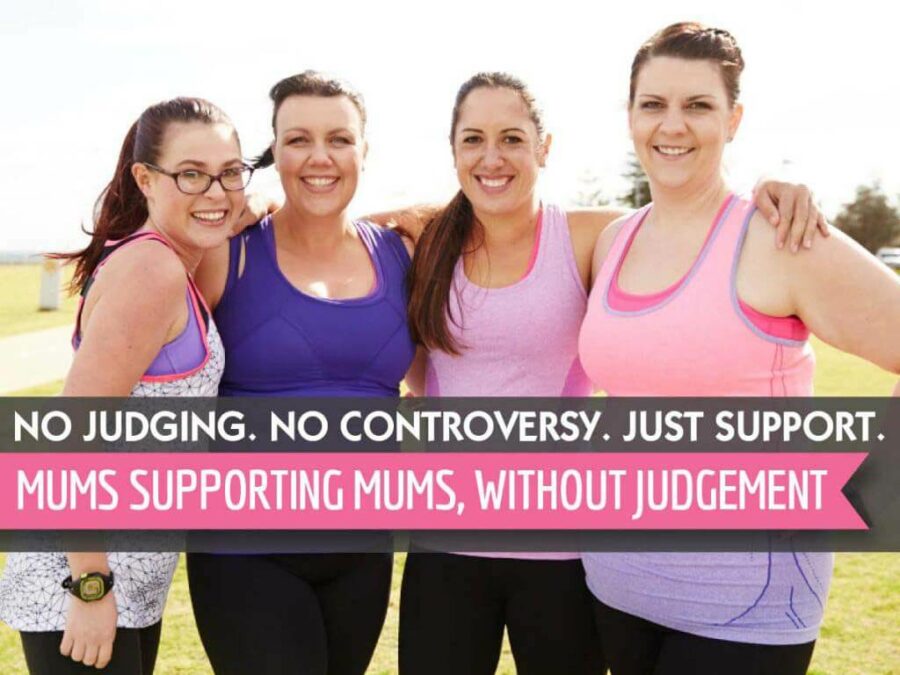
We are absolutely not here to put pressure on mums to lose weight. We instead offer support, advice, plans and products to help mums lose weight when they are 100% physically and emotionally ready to do so – which could be a few months post birth or a few years. Everyone is an individual and we treat them as such.
The aim of The Healthy Mummy focus is to educate mums how they can make small changes to their life to become healthier and also show them how they can change their life to a healthy one for them and their family.It is not about making extreme changes to your life or about becoming a health and fitness fanatic and is instead about making health fun and part of your life as well as giving useful healthy life information across all aspects of a mums life
The Healthy Mummy has an expert team of nutritionist and exercise specialists who create all the products, meal and exercise plans and

